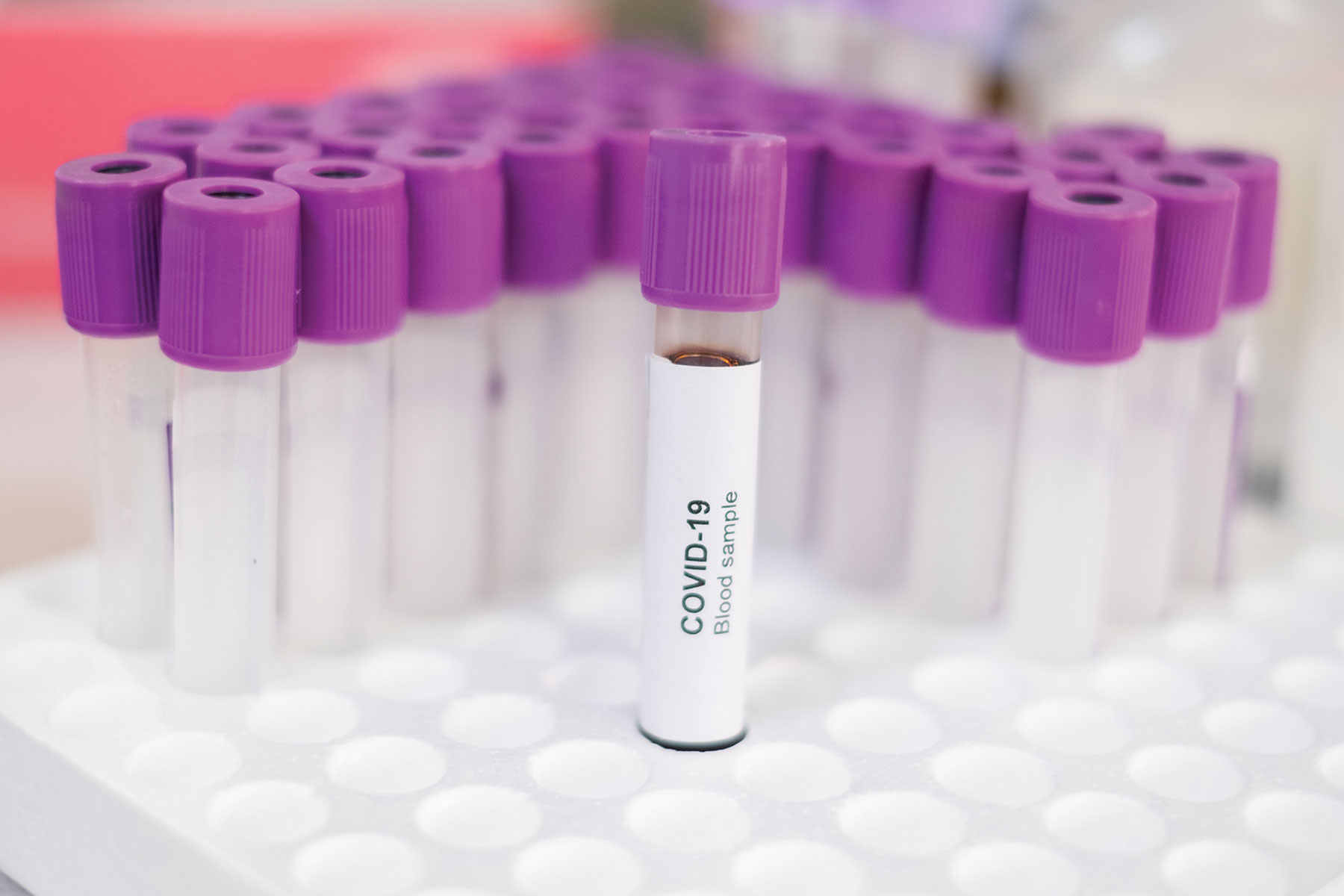
The initial disruptions of COVID-19 are quickly becoming a way of life, but are we prepared for what may be on the horizon? We all have wondered at some point how we might have reacted during a past historic event of epic proportions, be it an international conflagration, natural disaster or financial crisis. A natural question is, “Did they know?” or “Why didn’t they do more?”
With the international spread of COVID-19, now appropriately labeled a national health emergency, we have such an event slowly on the rise. And yet, we have been slow to react. The “we” that I refer to is not the federal or local governments, for time and again they are slow to respond to crisis, no matter the president. From Hurricane Katrina, to swine flu, to now coronavirus, we have enough evidence to know that in times like these, we need to look inward as much as possible for solutions and preparedness.
I am looking at COVID-19 through the eyes of a geriatric physician, father of three with two in high school, and an active member of the local Jewish community. I sincerely hope that COVID-19 does not reach even a fraction of the numbers for this year’s seasonal flu: 30 million affected and 20,000 dead. Even coming close will overburden our health care systems. Local Jewish leadership and institutions have been heroic in the additional hours and extensive consultations they have had with infectious disease and public health experts, and the impossible decisions they have had to make. Now that this difficult stage is done, hopefully they will be at the forefront of spearheading a coordinated, meaningful and proactive response.
The alarm bells have been sounded, but is the Jewish community ready to take appropriate steps to proactively plan and to protect those who are most vulnerable? With Jewish institutions officially closed, I hope we can turn outward and come together with a coordinated response. At the top of the pyramid should be an entity such as The Jewish Federation of Greater Los Angeles that can bring together the heads of the major communal organizations and streamline distribution of resources. But each institution should individually identify who will need help, even beyond their own rosters, and who is able to give help, from professionals to the many college students sent home. My project with Dorit Nelson and Rabbi Yonah Bookstein, I Can Help (online at icanhelp.site), is live and all can use it to link the needy with volunteers. Help can come in many forms — check-in calls, shopping, information technology, transportation and health care visits both physical and psychiatric, either in person or via telemedicine.
We need to be prepared for the potential tsunami of urgent need for community support.
Where there was heated talk of the ills of walls, we now have walls all around us. Schools and shuls closed, places of employment telling us to work from home, gyms and stores shutting down. But when I see long lines at markets, businesses shutting down, empty shelves and limited supplies of essential items, I can’t help but wonder how the frail and isolated with limited access to the outside world among us will cope. We need to be prepared for the potential tsunami of urgent need for community support. When hospitals and health care workers are overwhelmed, how will less urgent medical issues get attention? How will a single parent on quarantine get medical care or supplies for a child? How will we help to financially support those who have lost work hours or jobs altogether and need to pay rent? How will the elderly get food and medical supplies?
Let’s utilize the energy and expertise of our Jewish professionals who may now be unemployed or underemployed, and our quiet buildings with available space and resources (for small groups practicing social distancing). Let’s sit down, properly plan together across denominations and identify the needy in all of our institutions who will be in need in the coming months. If we do so, in the years ahead, we will be able to say that we did not sit idly by and wait for this crisis to affect our community.
Dr. Matthew Lefferman, founder and chief medical officer of Access Healthcare Associates, is a pioneer in the field of mobile medical care in the Greater Los Angeles area.






















 More news and opinions than at a Shabbat dinner, right in your inbox.
More news and opinions than at a Shabbat dinner, right in your inbox.